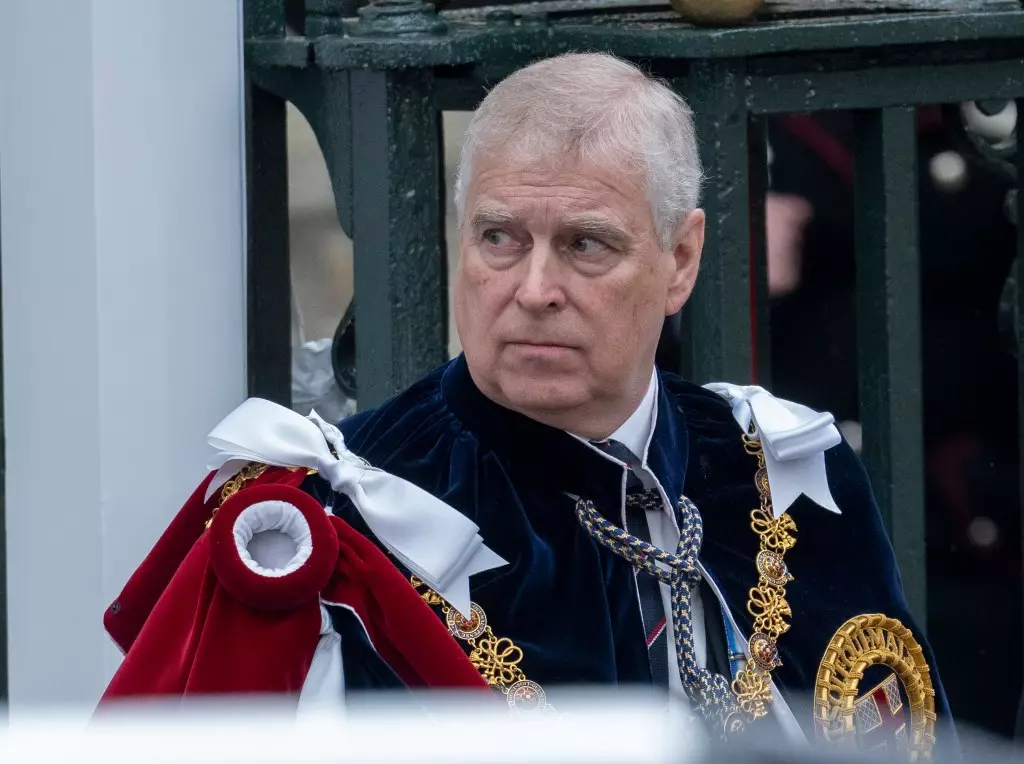The relationship between Prince Andrew and the late Jeffrey Epstein has undergone a significant transformation in public perception, particularly following startling revelations from newly disclosed court documents. In a 2019 interview with the BBC’s Newsnight, Prince Andrew asserted that he had severed all ties with Epstein post-December 2010; however, the emergence of an email from February 2011 directly contradicts that claim. This discrepancy not only raises questions about the prince’s credibility but also highlights the broader implications of the royal family’s engagement with individuals accused of serious criminal misconduct.
Prince Andrew’s 2019 interview was meant to clear the air regarding his relationship with Epstein, showcasing a royal attempting to distance himself from an infamous associate. Instead, it backfired spectacularly, painting Andrew as either oblivious or disingenuous. The backlash was swift and severe; reportedly, this fallout led Queen Elizabeth to recommend that Andrew withdraw from public engagements, signifying the detrimental impact of his words. The fact that the royal family deemed the situation severe enough to necessitate a retreat from public view underscores the intense scrutiny Andrew was facing.
The recently uncovered email dated February 2011 presents a compelling illustration of the ongoing connection between Andrew and Epstein. The message, wherein the prince invites Epstein to “keep in close touch,” clearly contradicts Andrew’s previous assertions of a complete break in their friendship. This correspondence implies a level of comfort and camaraderie that Andrew had publicly denied, raising suspicions about the authenticity of his claims during the interview. Additionally, the implications of Epstein requesting a tour of Andrew’s residence reveal a troubling familiarity that the prince seems to have glossed over.
Understanding the nature of Prince Andrew’s relationship with Epstein requires a critical examination of the environment and era in which these communications took place. The dynamics of privilege and power within royal circles often allow individuals to maintain connections that others would find untenable. The apparent leniency towards Epstein reflects a systemic issue where elite figures engage with morally questionable individuals due to shared interests or social proximity.
Moreover, the royal family’s historical engagement in public relations missteps sheds light on the need for greater transparency and accountability. The awareness of Epstein’s notorious background makes Andrew’s continued correspondence perplexing and raises ethical questions about the standards to which royals are held.
As fresh details continue to emerge regarding Prince Andrew’s past associations, the royal family faces mounting challenges in managing the prince’s tarnished reputation. The conflicting narratives, coupled with the court documents, present a compelling case for reevaluating the propriety of Andrew’s past choices. It remains to be seen how Prince Andrew will navigate the implications of this evolving scandal, and whether his connections to Jeffrey Epstein will leave an indelible mark on his legacy. As the public’s interest persists, the necessity for a critical lens on royal engagements with controversial figures remains paramount.

